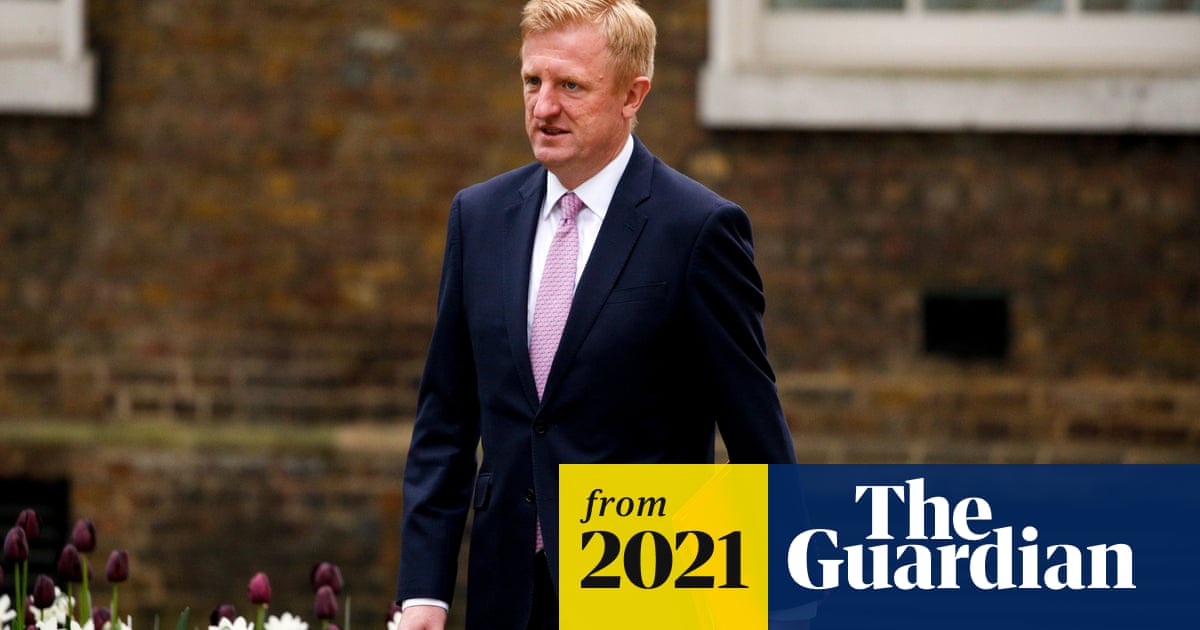BoroFur
Well-known member
It would be interesting to find out if the CPS intend to appeal the verdict but even that wouldn't be in the public interest.no, the defence lawyer I think. I’m still confused how they arrived at that verdict and that there is provision in the law to justify criminal damage. (Personally I’m pleased they got off as their cause is just) but I just don’t understand how the law allows for that verdict! Maybe laughing can come along and explain it!



